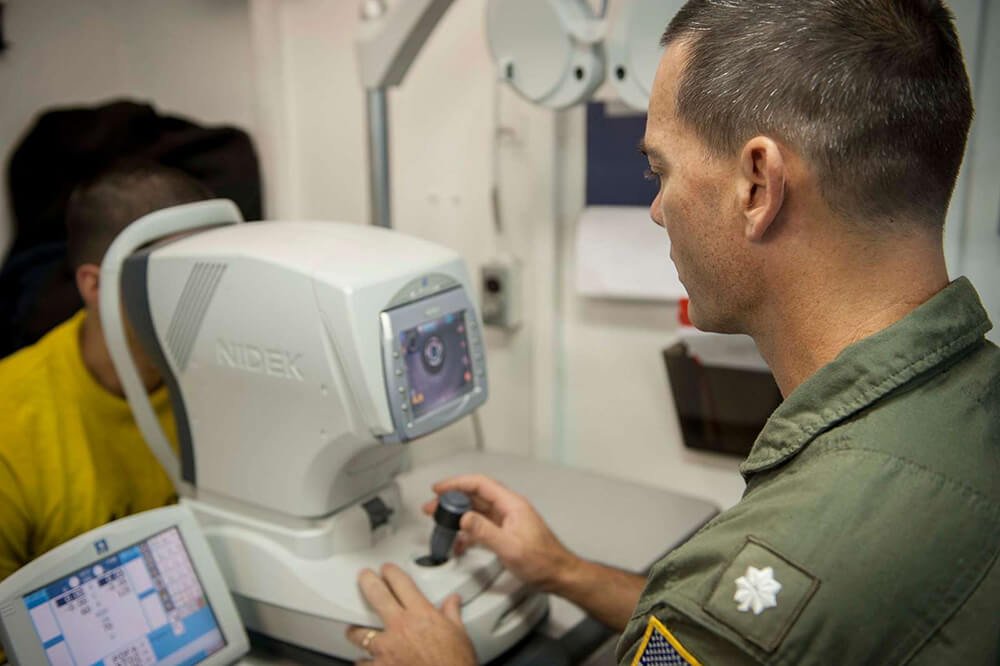When it comes to medical examinations for pilots, Civil Aviation Safety Authority (CASA) is the governing body in charge of ensuring that all pilots are healthy and fit to fly. This process can seem daunting, but don’t worry! We’re here to help you understand what CASA needs from you during the medical examination process. In this blog post, we will discuss the Medical Examination CASA, as well as what they need to accomplish after the exam is complete.
So, what does CASA need to accomplish after a medical examination for pilots? First and foremost, they need to ensure that the pilot is healthy and fit to fly. This includes making sure that the pilot does not have any medical conditions that could potentially endanger themselves or others while in the air.
What are some medical conditions to look out for?
Anything that could potentially cause loss of consciousness, such as epilepsy or diabetes, is a big red flag.CASA will also want to make sure that the pilot is not taking any medication that could impair their ability to fly safely.
In short, CASA needs to make sure that the pilot is in good health and poses no danger to themselves or others while in the air. Additionally, CASA will also need to make sure that the pilot is up-to-date on all of their vaccinations and medications.
What are the Vaccinations and Medications allowed for a pilot?
CASA needs to make sure that the pilot is vaccinated for things like influenza and meningococcal, and that they are taking medications like antidepressants and beta blockers.
These vaccinations and medications help to ensure that the pilot is able to fly safely and effectively. Finally, CASA will need to issue a certificate of medical fitness if the pilot is cleared to fly.
Who administered the test?
Pilots must maintain a high level of physical and mental fitness in order to operate an aircraft safely. In order to ensure that pilots are physically and mentally fit to fly, the Civil Aviation Safety Authority (CASA) requires that pilots undergo a medical examination.
The medical examination for pilots must be conducted by an Authorised Medical Examiner (AME). An AME is a doctor who has undergone special training in aviation medicine and has been authorized by CASA to conduct medical examinations for pilots.
The purpose of the medical examination is to assess a pilot’s fitness to hold an Aviation Medical Certificate (AMC). An AMC is required in order to exercise the privileges of a pilot license.
During the medical examination, the AME will assess the pilot’s general health, vision, hearing and mental health.The AME will also ask the pilot about their medical history, medications, and any other factors that may impact their fitness to fly.
After the medical examination is complete, the AME will issue a report to CASA. If the pilot is found to be fit to hold an AMC, CASA will issue a certificate of medical fitness.
What happens if the Pilot did not pass the test?
If the pilot does not pass the medical examination, CASA will not issue a certificate of medical fitness. This means that the pilot will not be able to fly until they have been cleared by a medical professional.
So, if you’re planning on taking a medical examination for pilots, make sure to keep these things in mind! CASA needs to ensure that you are healthy and fit to fly, and they will need to issue a certificate of medical fitness if you pass. Good luck, and happy flying!


